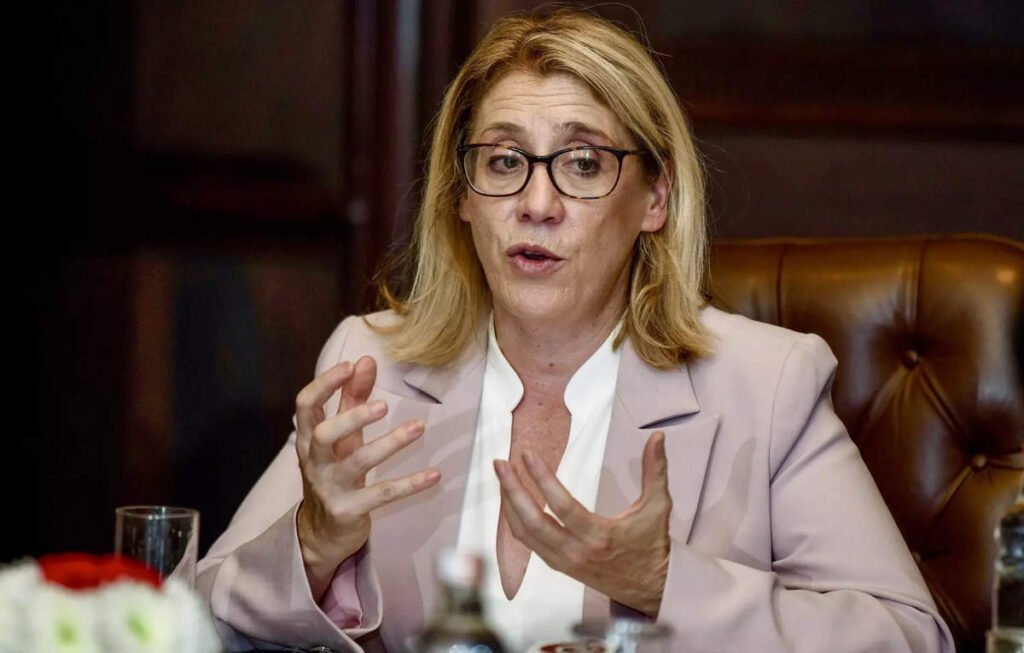In a move to foster investments in minerals and resources, Western Australia has implemented a series of reforms, positioning itself as an attractive destination for collaborations with Indian firms. Rita Saffioti, Deputy Premier of Western Australia, highlighted the state’s interest in greater investments and collaborations with Indian companies, particularly in the rare earths sector.
The reforms include approvals aimed at supporting projects contributing to decarbonization efforts. Western Australia has gained global attention for its significant supply of critical minerals such as lithium, nickel, cobalt, and rare earth metals. These minerals play a crucial role in various industries, including smartphones, computers, batteries, and electronics.
Australia holds a dominant position in the global production of lithium and cobalt, with Western Australia being a key contributor. The state is also the fourth-largest producer of rare earths. Recognizing the importance of critical minerals, Western Australia has attracted investments from Indian state-owned firms, including NMDC Ltd.
Indian Mines Minister Prahlad Joshi’s visit to Western Australia in 2022 resulted in the announcement of a bilateral critical minerals investment partnership between the two sides. This partnership identified two lithium projects and three cobalt projects for collaborative investments. The goal is to establish new supply chains for critical minerals processed in Australia, aligning with India’s plans to lower emissions and become a global manufacturing hub, particularly for electric vehicles.
Rita Saffioti’s visit to India aims to promote Western Australia as an investment destination for private Indian companies. She emphasized opportunities for Indian investment through offtake agreements for key battery minerals. The critical minerals partnership is crucial in the global race to secure lithium mines, considering the mineral’s significance in battery manufacturing, especially for electric vehicles.
India, a net importer of lithium and lithium-ion batteries, is actively seeking to diversify its sources and boost domestic production. The country has identified significant lithium deposits, particularly in Jammu and Kashmir. The critical minerals partnership aligns with India’s strategic goal of reducing reliance on China for such key resources.
Saffioti also highlighted the need for direct aviation links between India and Western Australia, with plans to increase the number of Indian tourists and students in the region. The University of Western Australia is exploring the establishment of a presence in India, following the footsteps of other Australian universities.
Ongoing conversations between Australian mining firms and India focus on potential collaborations to assist in the development of India’s mining industry. This includes efforts to increase networks of distributors and partnerships, along with a focus on skilling Indian personnel. The collaborative initiatives between Western Australia and India underscore the growing importance of securing critical minerals and fostering sustainable partnerships in the global supply chain.
Western Australia’s proactive reforms and collaborative efforts with Indian firms in the critical minerals sector reflect a strategic move to capitalize on the increasing demand for these resources. The state’s rich mineral reserves and commitment to sustainable practices make it an appealing destination for investments and partnerships, contributing to the global transition towards cleaner and greener technologies.
